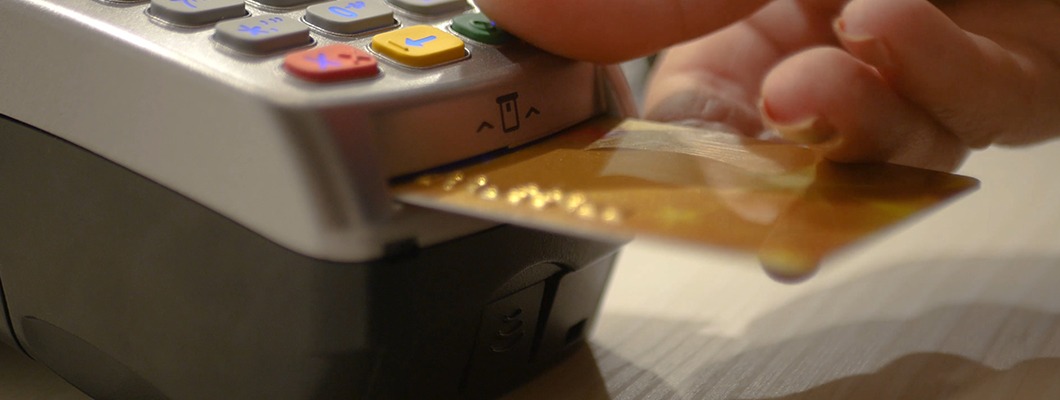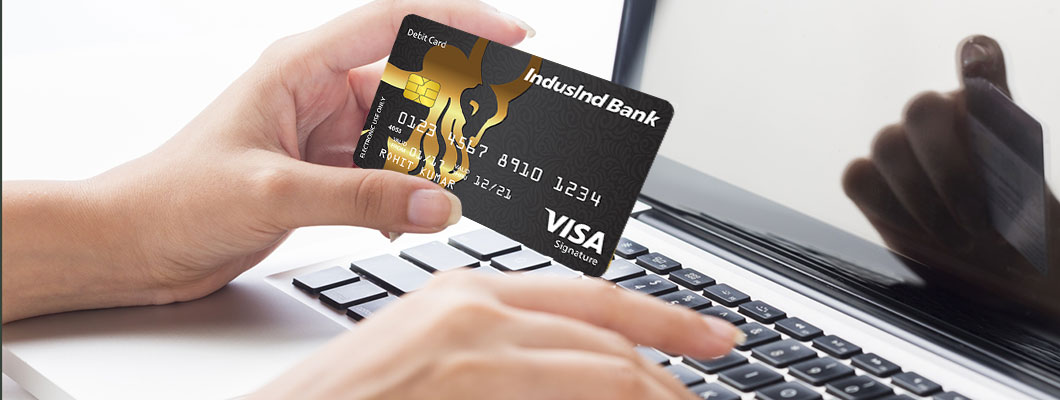
Has Your Debit Card Been Declined? Here Are the Reasons Why
Posted on Thursday, September 23rd, 2021 | By IndusInd Bank
Having your debit card declined can be uncomfortable or embarrassing in social situations – but also unsettling and worrisome if you’re not aware of the reason behind the rejection. If debit cards are your primary mode of payment, having your card declined can lock you out of making day-to-day purchases. Sounds frustrating, right?
From simple human errors to alarming fraudulent transactions, there are several reasons why your card may get declined. To help you find an answer, here are some of the most common explanations.
Inadequate Funds
Do you check your available bank balance regularly? If not, then it might be time to make it a habit. Having inadequate funds in your bank account is the number one reason why debit cards get declined.
However, it has a simple solution. You can avoid this by keeping a close check on your purchasing habits and bank balance. Also, when choosing a debit card, opt for overdraft protection. With it, you will be able to proceed with the transaction even if you have an insufficient balance.
Typos and Mistakes
If you’re shopping online, you usually need to enter your debit card number, expiry date, CVV number, shipping address and billing address at the check-out. That’s a lot of details and a lot of room for error. Therefore, it’s best to cross-check all the details before hitting that buy button, as any incorrect information will lead to your transaction getting declined.
On the other hand, if you’re swiping your card, you’ll need to enter your 4-digit PIN correctly. Not doing so will lead to a failed transaction. Most importantly, note that you are only allowed limited attempts. Multiple wrong PN entries will block your access to your account.
Card has expired
Debit cards come with an expiry date. If you use an expired card at check-out or ATMs, your transaction request won’t be accepted. Therefore, it’s best to note the expiry date and request a replacement card in advance to avoid any issues.
Suspicious Transactions
Financial institutions can decline a debit card transaction if they find it suspicious or not in line with your regular spending or withdrawal habits. This is done to protect you in case your card is stolen or used to make an unsolicited transaction.
You can resolve this by simply calling your bank and informing them about an atypical purchase beforehand.
Maximum Spending Limit
To avoid any fraudulent activities, most banks have a daily spending limit on debit cards. If your card has been declined, you may have crossed the daily limit.
Technical Problems
Sometimes a card might not work because of technical issues at the bank or the merchant outlet, such as slow internet connection, power failure, or processing delays. In such cases, it’s best to find an ATM and pay in cash.
Inactivated Card
Once you get a new debit card, you must activate it by following certain instructions. The instructions vary from bank to bank. Usually, you may be required to call a given phone number or make a withdrawal through an ATM. Once your card is activated, you can use it to make online or offline transactions.
Over to You
While getting your debit card declined can be frustrating and embarrassing at times, most card-related issues can be resolved by contacting the bank.
All in all, a debit card is an easy and convenient way to make daily transactions and manage your money. So, why wait? Apply for a debit card onlineat IndusInd Bank todayto become part of our seamless banking experience. Enjoy our exciting offers and reward points on every purchase you make using our debit card.
Contact us to know more!
Disclaimer: The information provided in this article is generic in nature and for informational purposes only. It is not a substitute for specific advice in your own circumstances. Hence, you are advised to consult your financial advisor before making any financial decision. IndusInd Bank Limited (IBL) does not influence the views of the author in any way. IBL and the author shall not be responsible for any direct/indirect loss or liability incurred by the reader for taking any financial decisions based on the contents and information.



 Offers
Offers Rates
Rates Debit Card Related
Debit Card Related Credit Card Related
Credit Card Related Manage Mandate(s)
Manage Mandate(s) Get Mini Statement
Get Mini Statement
 categories
categories Bloggers
Bloggers Blog collection
Blog collection Press Release
Press Release


